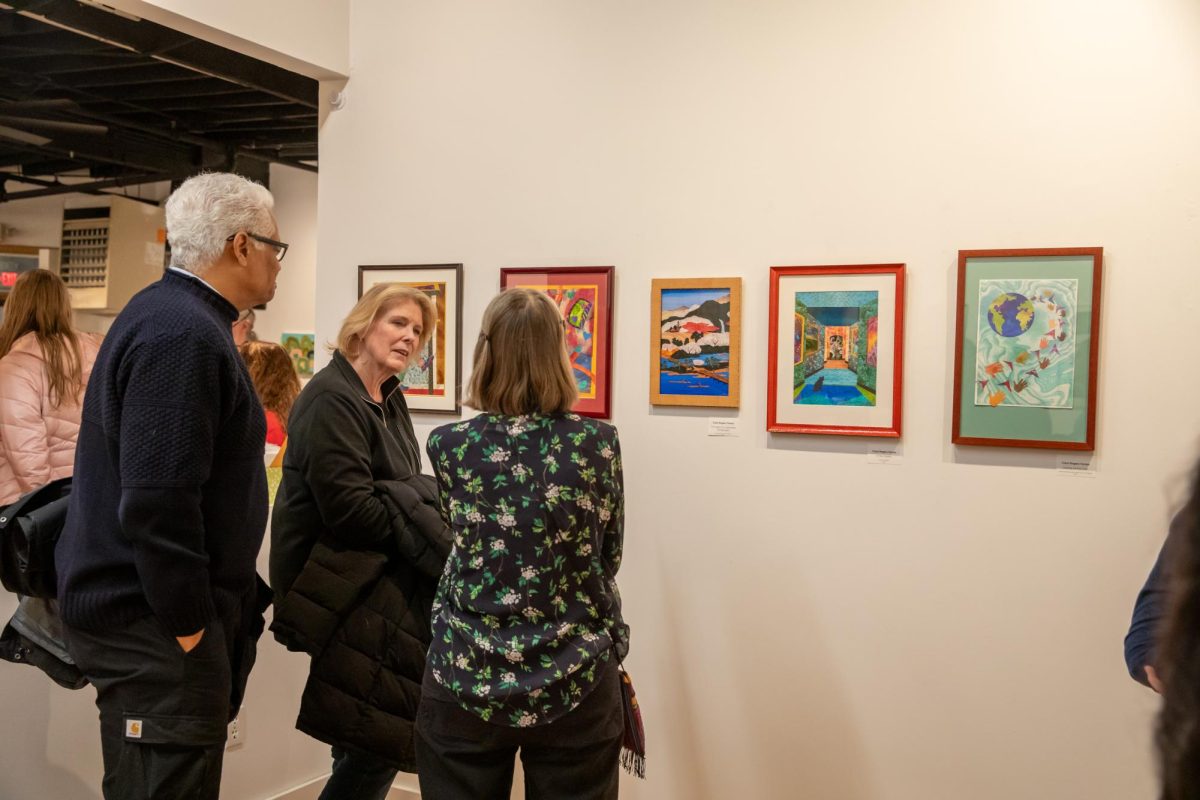What: Gary Snyder reading
When: 7 p.m. April 18
Where: Plymouth Congregational Church (1900 Nicollet Ave.)
Cost: Free
Since 1970, the Pulitzer Prize winning American poet, essayist and environmental activist Gary Snyder has been living in a hand-built house in the Sierra Nevada region of northern California. Three miles of dense ponderosa pine forest separate the house from the nearest mailbox and the nearest road. What started out as a barn near the house has now turned into a library, practically full of books.
The Thoreau comparison, though initially inevitable, is misguided. To linger on it too long would indicate a flimsy understanding of SnyderâÄôs life and work. Over the last half century, Snyder has reinvented the American poetic voice, tirelessly fought on behalf of the environment, contemplated civilizationâÄôs impact on the natural world âÄî the list goes on.
SnyderâÄôs life as an embodiment of his work has been spent swimming against the current of dominant cultural norms. Yet he asserts that what appear to be cultural norms are merely detached media conjurations.
âÄúThere are a certain number of people who are pulled along by what the media does, but itâÄôs not the real world,âÄù he said. âÄúI donâÄôt worry about what the abstract media image or the abstract governmental image of the world is.âÄù
The first line of his Wikipedia page immediately associates him with The Beat Generation. Though he read at the famous Six Gallery reading and served as the inspiration for Japhy Ryder in KerouacâÄôs âÄúThe Dharma Bums,âÄù Snyder said the emphasis of this association is merely more media distortion.
âÄúThe first thing I have to tell young people who are influenced by the media, I say, âÄòLook, Kerouac was not a journalist. You have to allow that he was writing a novel,âÄôâÄù he said, laughing. âÄúJack was quite competent in using me as a model for his character Japhy, but not trying to describe me as Japhy.
âÄúHowever, itâÄôs true we were good buddies. We climbed mountains together. [Allen] Ginsberg and a number of those other guys out on the West Coast âÄî Michael McClure, Lawrence Ferlinghetti âÄî we were all close friends,âÄù he added.
The self-imposed dissociation from his friendsâÄô movement is not the product of diverging beliefs or any severed ties, but rather it is rooted in his own poetic voice and writing style.
âÄúIt would be hard to call me a Beat writer,âÄù he said. âÄúIn 40 or 50 years down the line once writing, once life, and once art evolve, change, mature âÄî anybody who looks at the books that IâÄôve put out would notice that.âÄù
As a pioneer in the resurgence of poetry as an oral art, SnyderâÄôs upcoming Loft Literary Center-sponsored reading will not be a forced accompaniment to the poems but rather an actuation of the poems as they were intended.
âÄúI belong to that branch of modern American poetry that insists on orality and insists that a poem does not arrive at its ultimate form of existence until it is uttered on stage or uttered before people,âÄù he said. âÄúI take a lot of care with how I compose and edit to make sure that they sound the way I want them to sound.âÄù
Tiptoeing the divide between intellectuals and the working class, SnyderâÄôs work has a undeniably relatable and approachable charm.
âÄúMy poetry, I hope and trust, takes people back to their real life,âÄù he said.







